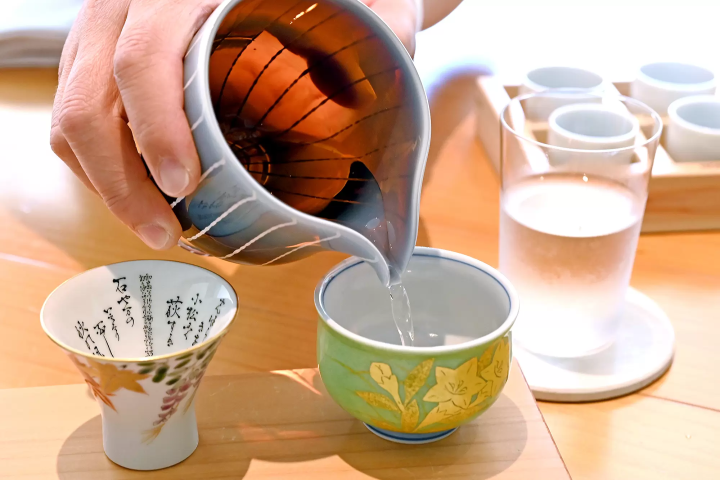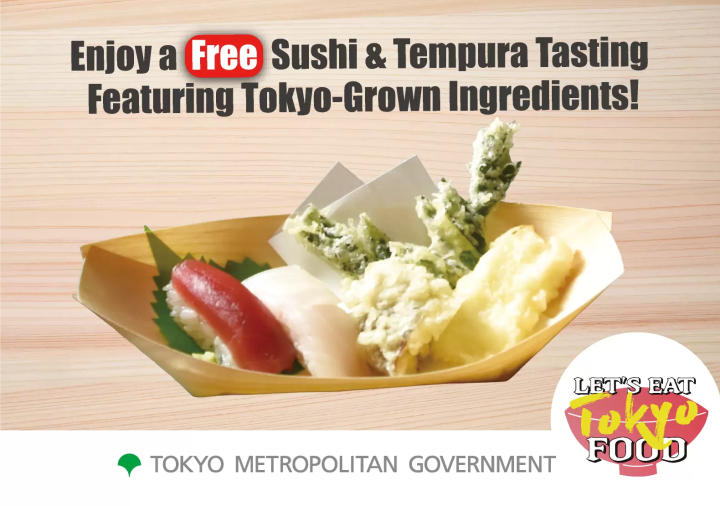Toshikoshi Soba (Year-End Buckwheat Noodles) - Japanese Encyclopedia

Toshikoshi Soba, or year-end buckwheat noodles, is a dish eaten annually on New Year's Eve in Japan. This tasty tradition carries great significance and symbolizes the crossing over from one year to the next. So slurp up a piping hot bowl of soba noodles to break with the past and cap off the year!
Toshikoshi Soba is a dish of buckwheat noodles traditionally eaten on the evening of December 31. This Japanese custom observed on New Year's Eve is a tasty tradition that carries great significance.
Why Is Soba Eaten on New Year's Eve?
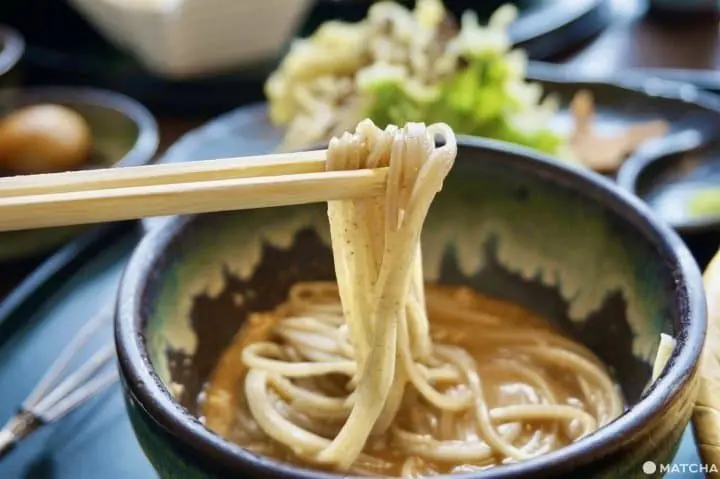
The custom of eating soba on New Year's Eve is said to have started in the Edo Period (1603-1868). There are many theories behind the origins of this custom. One suggests that since buckwheat noodles are easier to cut than thicker varieties, it represents the cutting away of any bad luck built up over the course of the year.
Other beliefs point out how soba is healthy, so eating it is a great way to wish for good health in the new year. Since soba noodles are also long and thin, the noodles symbolize long life. Thus, it's customary to eat them with the hope for longevity.
In the past, Japanese furniture makers rolled up balls of soba flour to gather up scattered pieces of gold dust. This practice implies that eating soba will grant eaters the Midas touch since you'll essentially be able to gather up money.
What Time Should You Eat Soba on New Year's Eve?
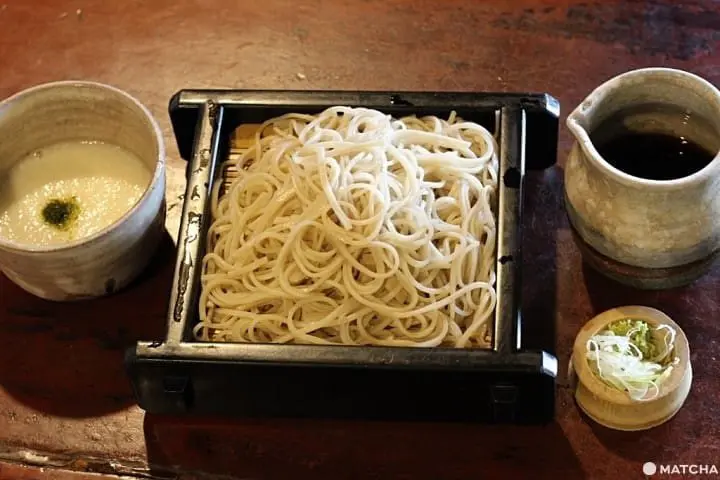
The most popular time to eat soba is just before midnight on December 31.
Having said that, there are customary time differences depending on the area or family traditions. For example, some regions prefer to eat toshikoshi soba for dinner, while others opt to eat it on New Year's Day.
As toshikoshi soba is believed to cut away bad luck, it's not advised to continue eating the noodles from New Year's Eve into the early hours of New Year's Day. Moreover, soba leftovers are said to negatively affect your luck with money. It might be a good idea to reduce your portion size if you're not feeling too hungry.
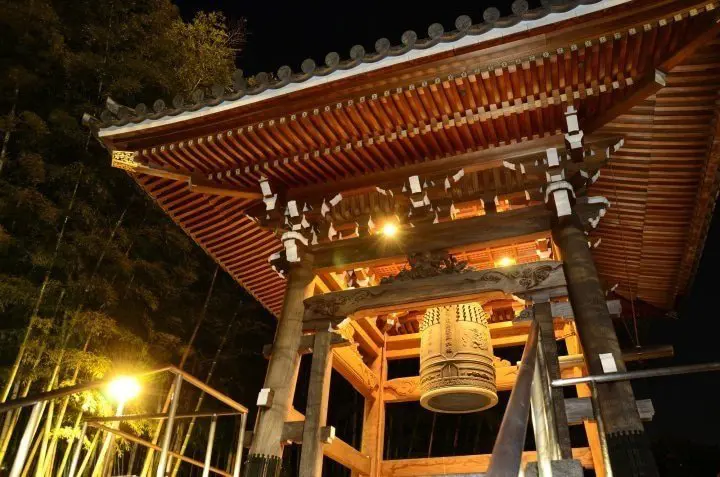
Unlike lively celebrations that involve fireworks and countdown parties, a traditional Japanese New Year's Eve is a more solemn family affair.
However, listening to the midnight ringing of temple bells (Joya-no-kane) and eating soba among loved ones is a heartwarming experience. In fact, Joya-no-kane is a Buddhist service where temple bells nationwide are rung a total of 108 times. This sum symbolizes the number of worldly desires a person experiences in his/her lifetime.
Traditional dishes are not only passed down through generations; they also carry great significance through the meaning attached to the food heritage. Toshikoshi soba is no different as people return to their hometowns for an annual family gathering.
If you have the chance to spend New Year's Eve in a Japanese household, please stay up to usher out the old year and eat soba together!
This is the official account of MATCHA's editorial department. Our articles feature useful travel information for visitors to Japan, from how-to guides to recommended places to visit.





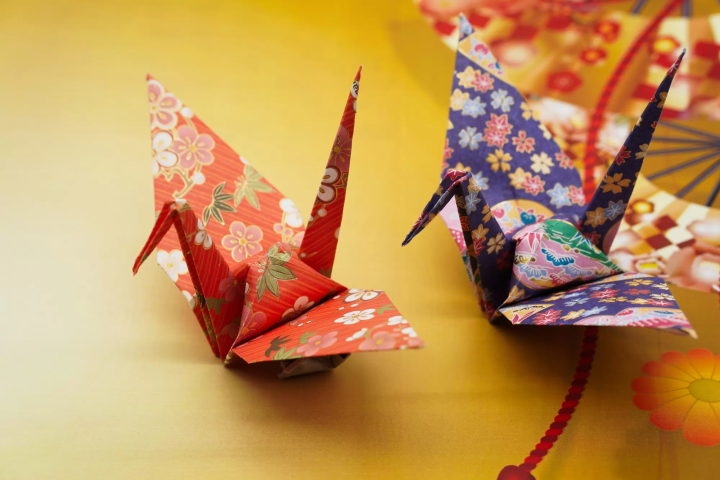






























![[Shinjuku Nishiguchi HALC] About the d Point Campaign](https://resources.matcha-jp.com/resize/720x2000/2026/02/14-258714.webp)
